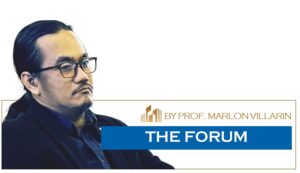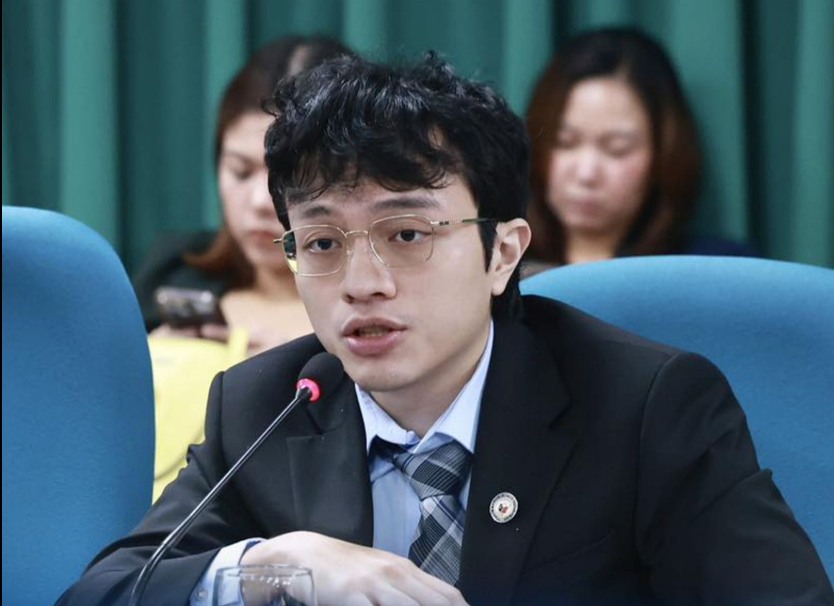As we stand on the precipice of the 2025 Midterm Elections, a critical dialogue about the role of Congress in our democracy is more vital than ever. Our Constitution clearly outlines that Congress is tasked with representing the people in legislative matters concerning public policies, programs, and activities. However, this power is not given unconditionally or without the necessary checks and balances. Elected representatives must remember that the authority they wield has been entrusted to them by the sovereign—the people. It is their solemn duty to ensure that their actions align with the public interest, steering clear of self-serving motives.
In a healthy democracy, accountability is a two-way street. When citizens petition their representatives, it is imperative that Congress responds with transparency and responsibility. Unfortunately, recent events have shown a troubling trend: rather than engaging constructively with constituents, some members of Congress have resorted to intimidation tactics, including the misuse of investigatory powers. This practice raises alarming questions about the integrity of our legislative process and the genuine commitment of our elected officials to serve the people.
The power to investigate, as granted by the Constitution, should be a tool for enhancing legislation and addressing the needs of the public. It is not intended to be wielded as a weapon to stifle dissent or silence criticism. Congress must recognize that their mandate is to ensure that our laws function effectively, fostering a system that serves all citizens rather than contributing to a cycle of dysfunction. When representatives face criticism or questioning from the public, it is their duty to respond in ways that are grounded in law and focused on the welfare of the majority. We are reminded of the famous Latin dictum, *Salus Populi est Suprema Lex*—the welfare of the people is the supreme law.
As we gear up for the upcoming elections, it is critically necessary for the electorate to demand transparency, accountability and integrity from their leaders. This is not just a call to action; it is a reminder that the power ultimately lies in the hands of the people. The 2025 Midterm Elections present a unique opportunity for citizens to reflect on the performance of their representatives. We must not forget those who have misappropriated public funds for their personal gain. These individuals are often spotlighted in the media, serving as a stark reminder of the corruption that can infiltrate our political system.
As voters, we have the responsibility to reject candidates who have demonstrated a lack of integrity and to choose those who are unequivocally committed to championing the public interest. Moreover, it is essential to recognize that our votes carry weight. They are a powerful tool for change. By participating in the electoral process, we can help shape a political landscape that prioritizes transparency, accountability, and genuine representation. Let us come together as a collective force to ensure that the true voices of the masses are heard and respected. The stakes are high. The choices we make in the upcoming elections will impact not only our immediate future but also the legacy we leave for generations to come. It is time for us to rise to the occasion, hold our representatives accountable, and advocate for a government that truly prioritizes the welfare of its citizens.
As we prepare for this pivotal moment in our democratic process, let us remain vigilant. Let us scrutinize the actions of those who seek our votes, ensuring they align with the values of service and integrity. The path to a brighter future for our nation lies in our hands. Together, let us demand a government that not only listens to the people but also acts in their best interests. In this season of change, may we choose wisely and champion the welfare of the Filipino people above all else.




